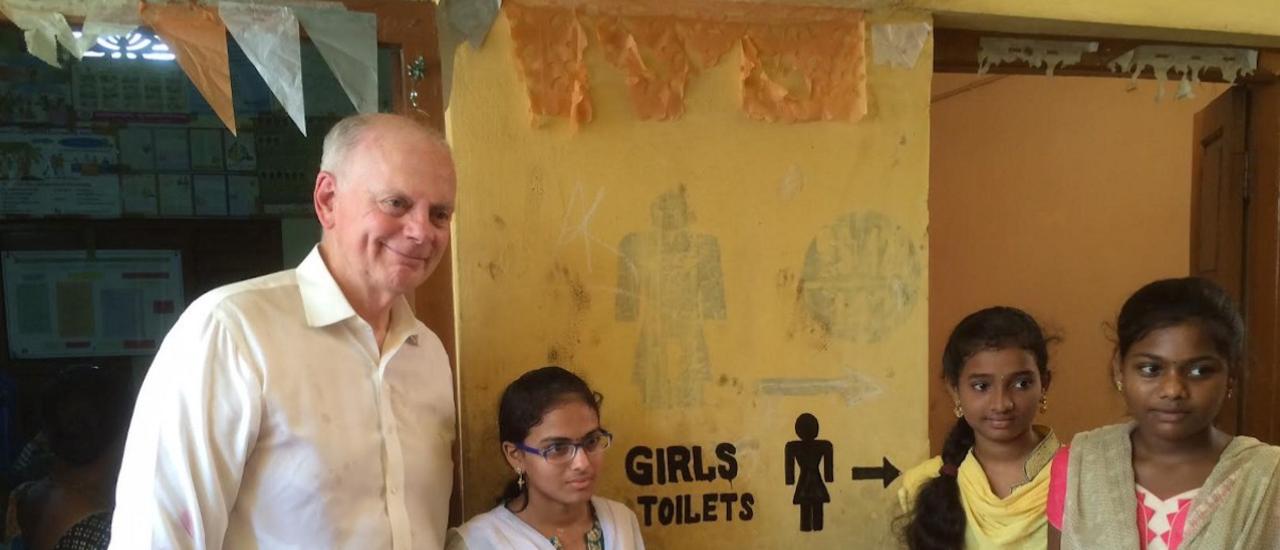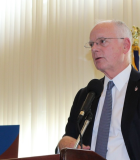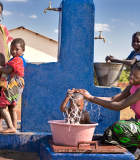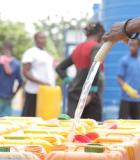As we begin a new year and my tenure at the United States Agency for International Development (USAID) draws to a close, I cannot help but reflect on the challenges, new approaches, and accomplishments I have seen during my time as the Agency’s Global Water Coordinator.
Meeting global water needs is an enormous, daunting, and humbling challenge. Throughout the developing world, hundreds of millions of people still lack access to clean water and adequate sanitation. Far more often than not, water resources are limited, infrastructure is inadequate, funds to improve facilities and services are insufficient, and governance is weak. In the face of these inadequacies, millions of people suffer. One half of hospital beds in Africa are filled with patients suffering from waterborne-related diseases, and in sub-Saharan Africa, approximately 40 percent of children under age 5 are physically and cognitively stunted for life due in great part to diarrheal disease caused by unsafe water.
Click here to read the full article in USAID's Global Waters magazine.





